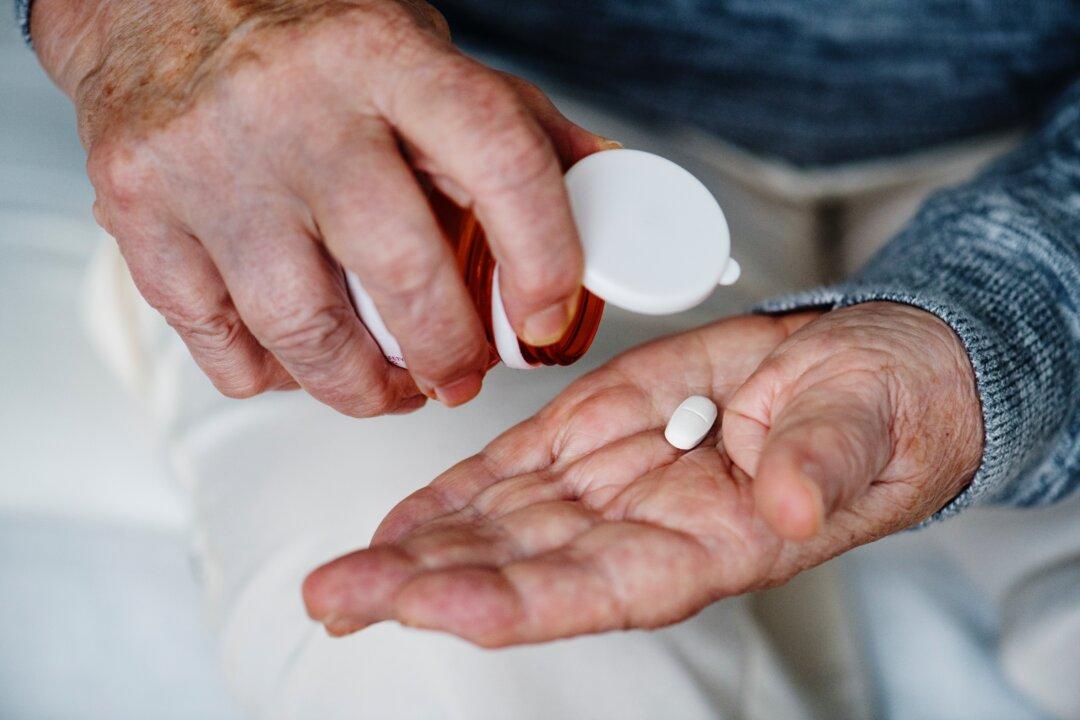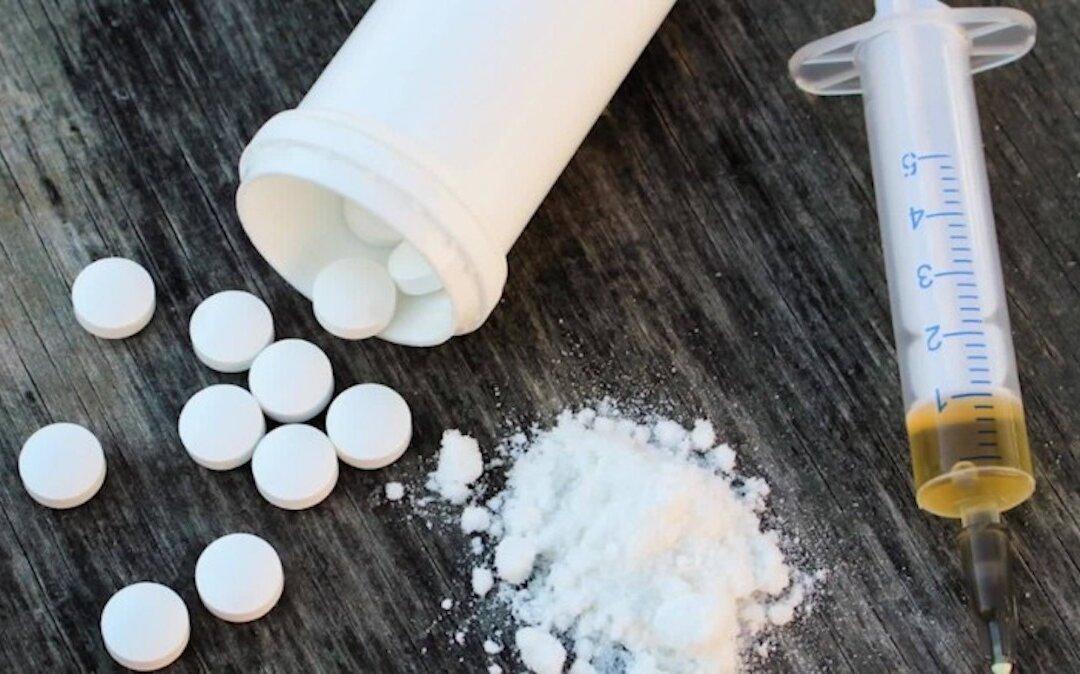A new study has revealed that the use of aspirin for COVID-19, while not necessarily harmful, has shown no clear positive benefits against those who have been hospitalized with the virus.
The international study included participants at 177 hospitals in the UK, as well as hospitals in Indonesia and Nepal. The study investigated the impact of 150 mg of aspirin per day in addition to the usual standards of care in the treatment of patients who had tested positive for COVID-19.





